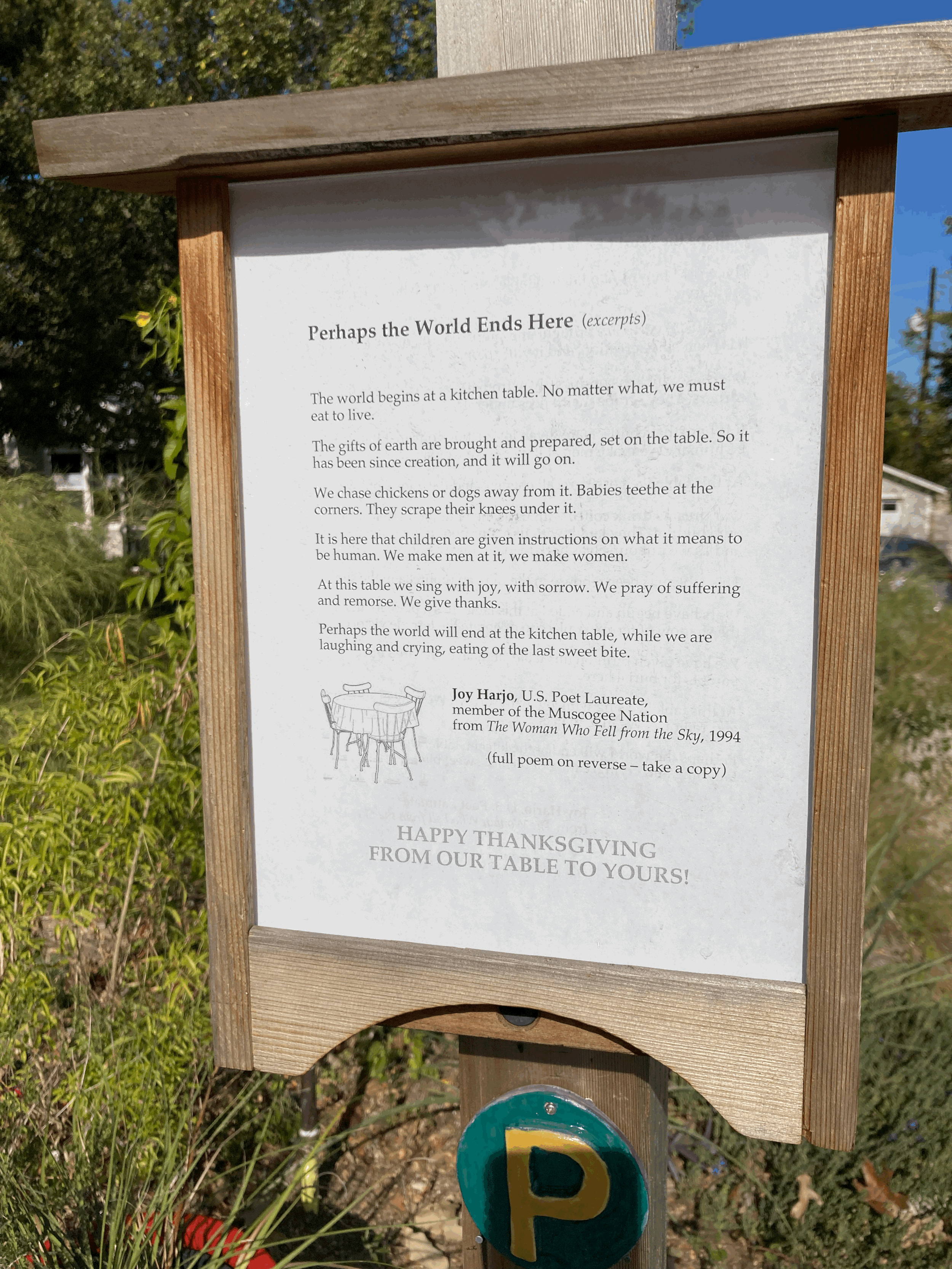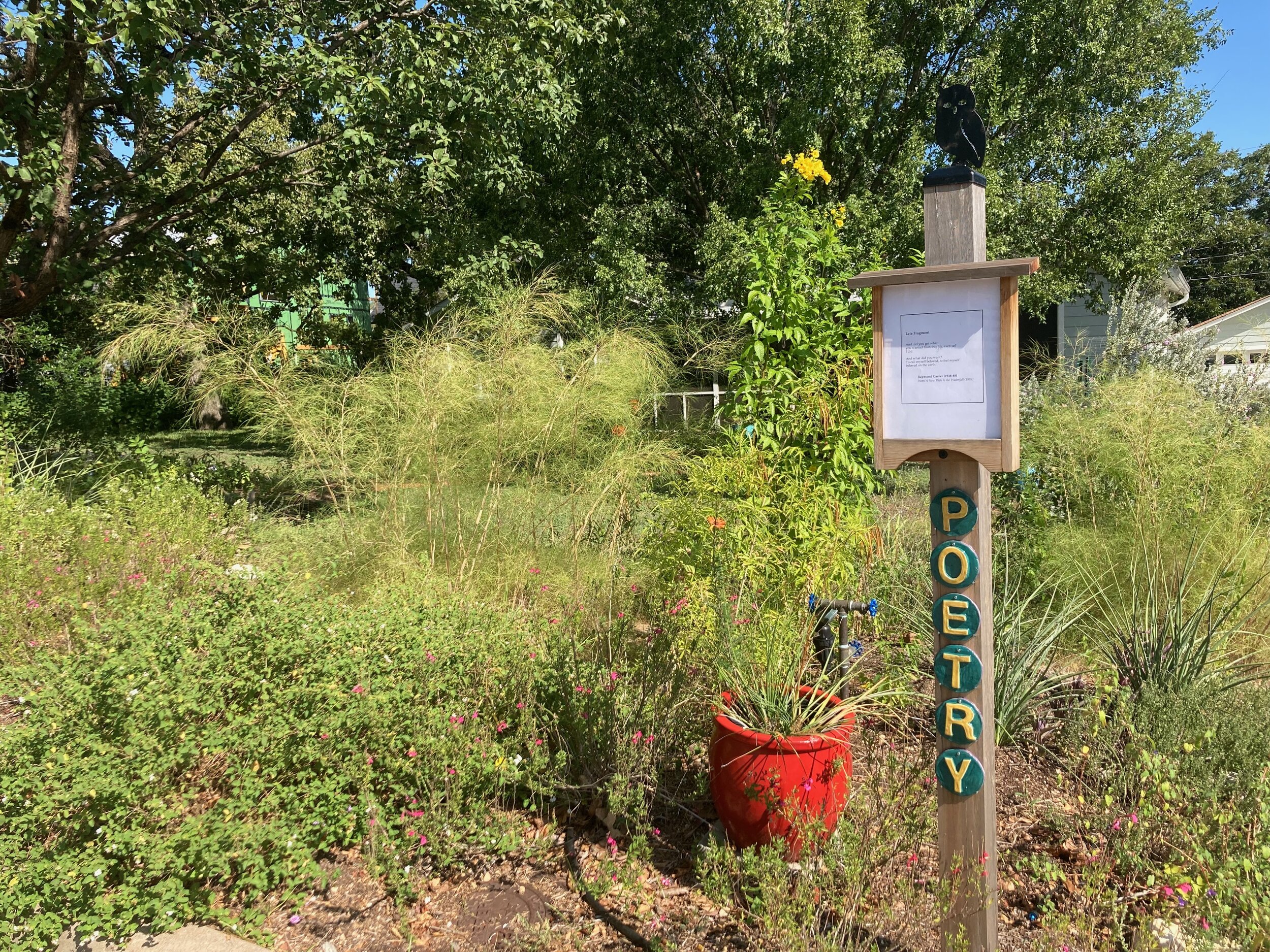As we roll into the last days of 2021, I am thinking about how we move out of one year and into the next, especially in this time of extended pandemic and uncertainty. It makes me think of Lucille Clifton bestowing the blessing, “may you […] sail through this to that.” May you. Wishing you peace and calm waters for the holidays.
“may you kiss
the wind then turn from it”



















